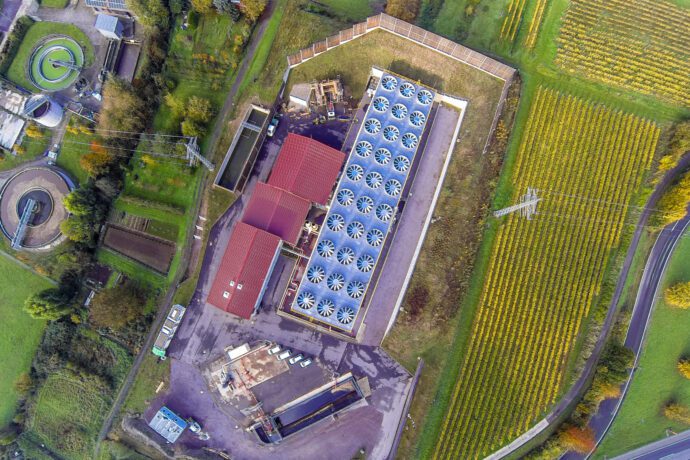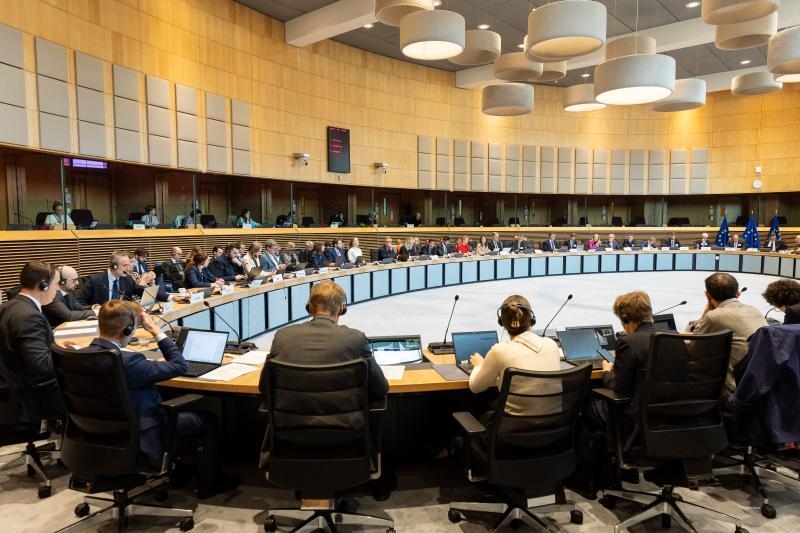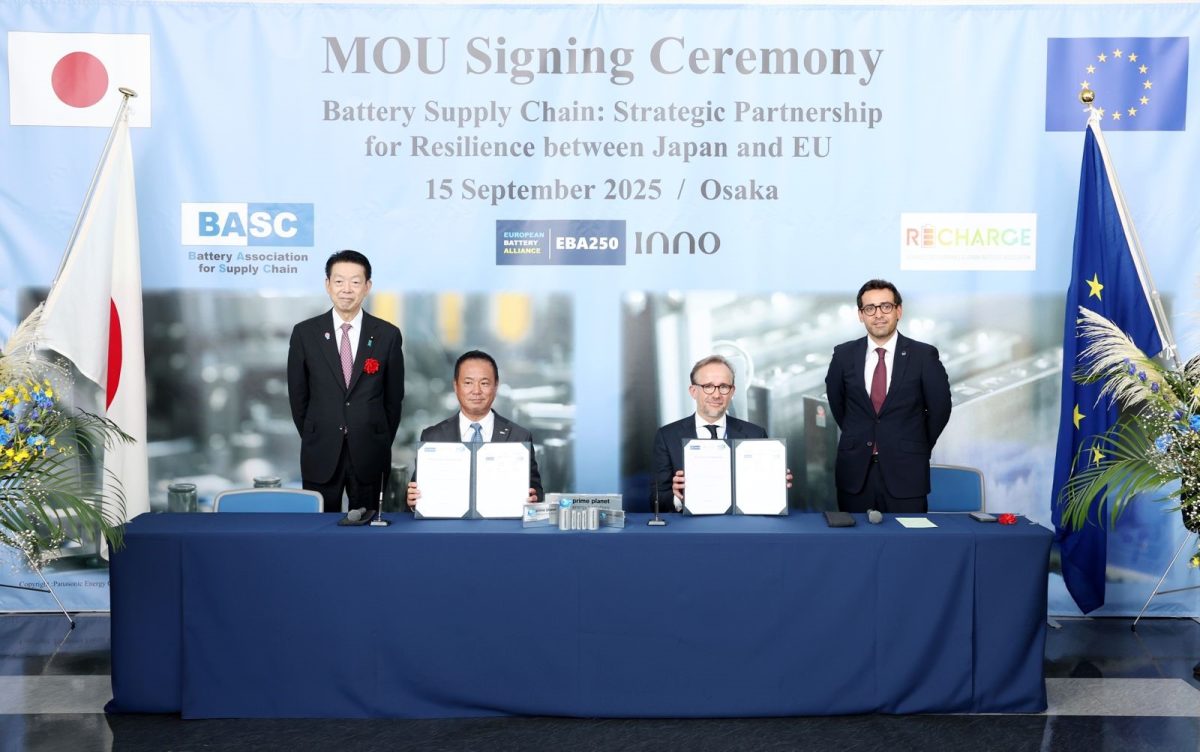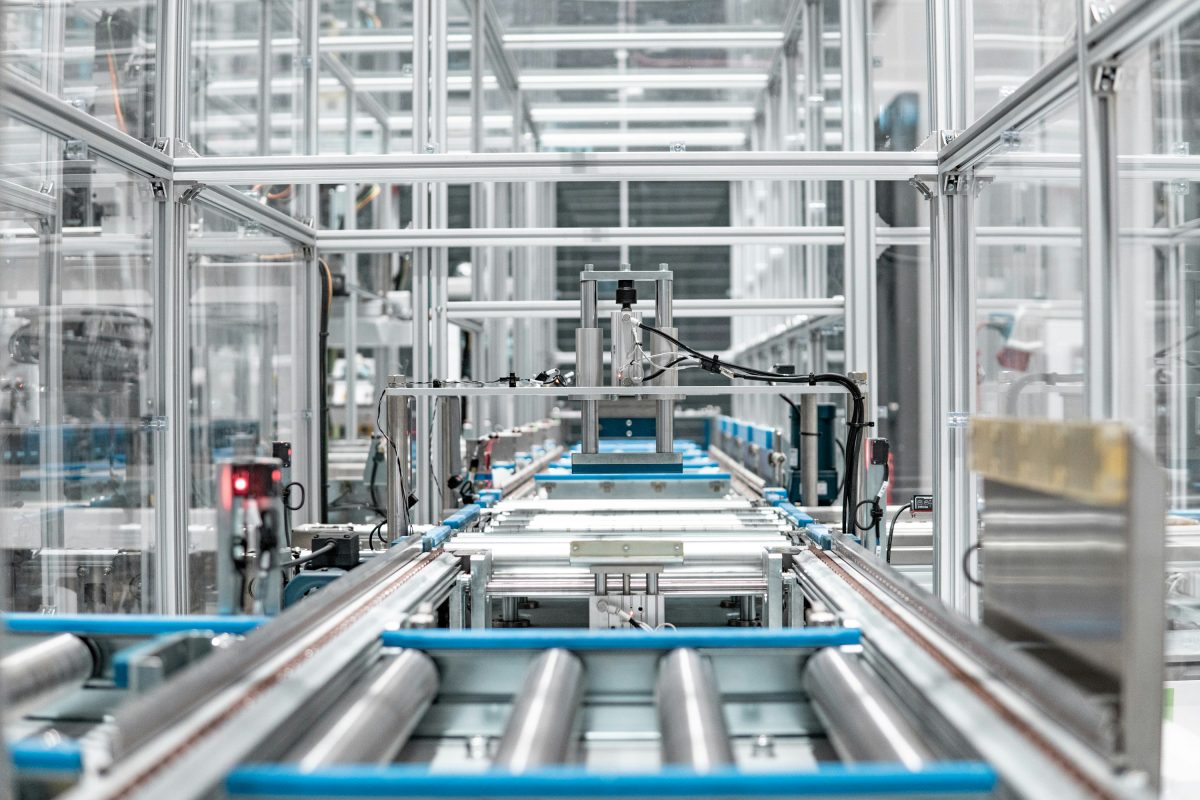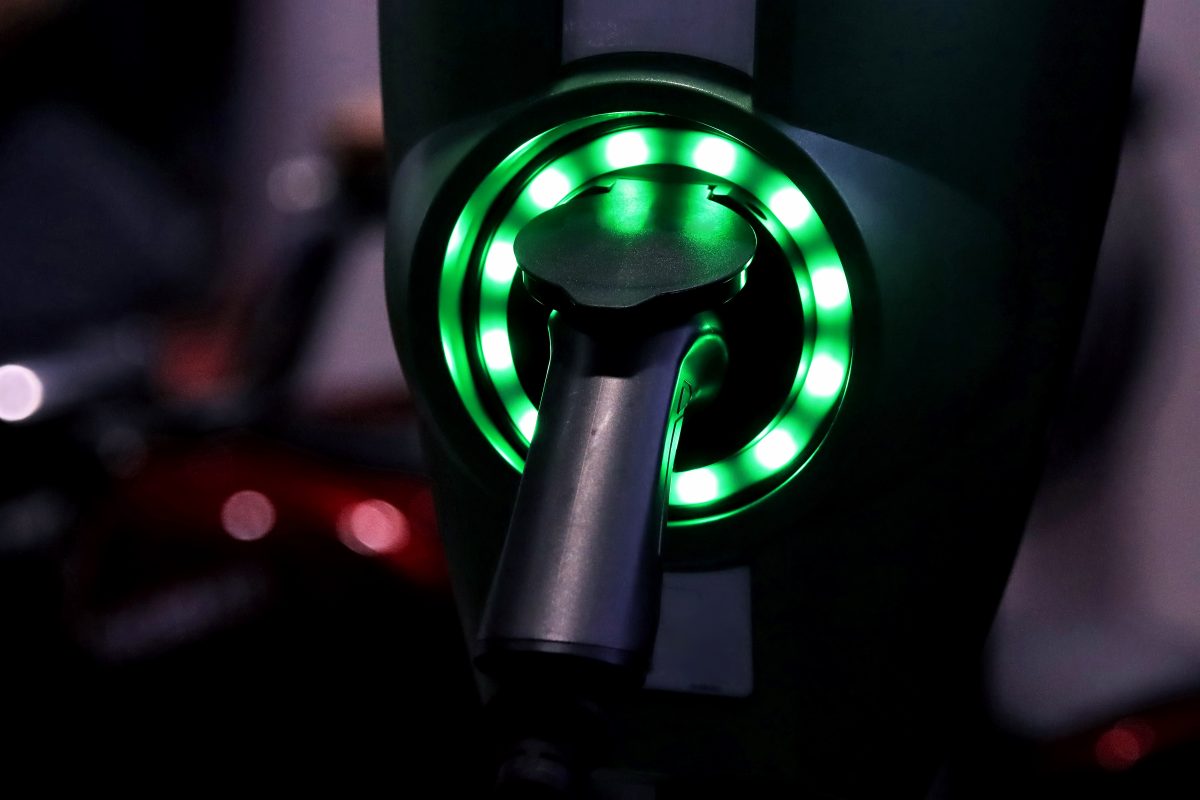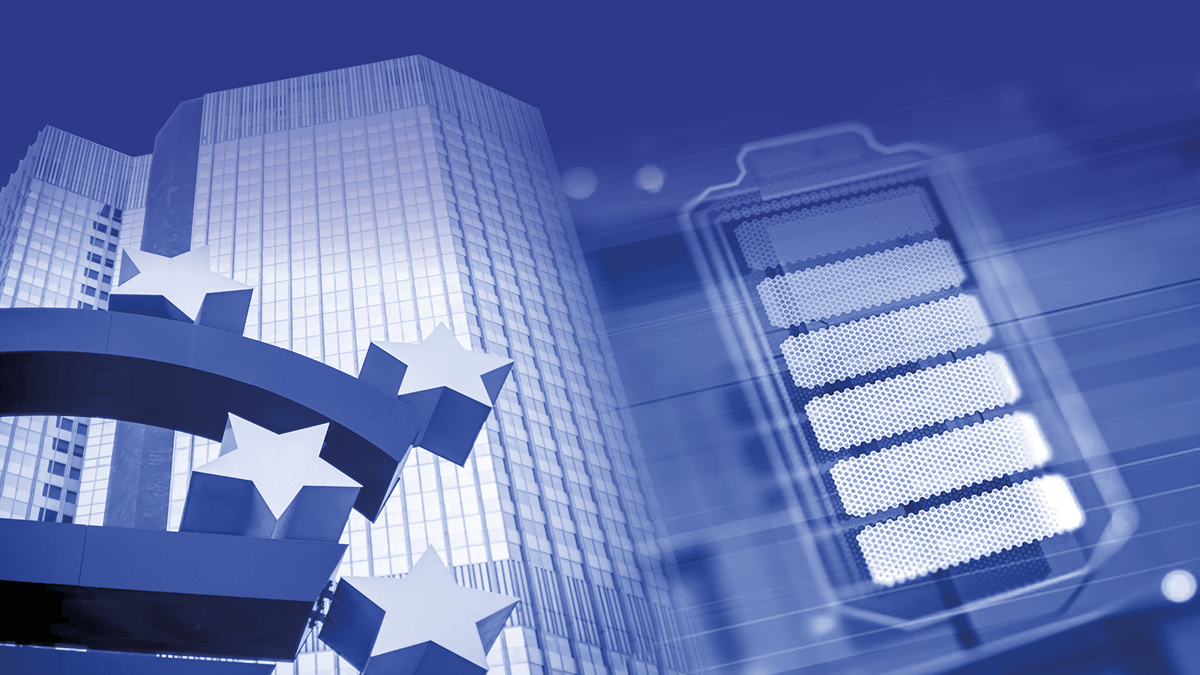
May 13, 2025
EBA250 calls for urgent EU battery production support
As Europe’s battery cell manufacturers face increasing competitive pressure, EBA250 remains actively engaged in discussions and exploring proposals on how to best support the sector. In light of recent policy developments, most notably the Automotive Action Plan published by the European Commission in March, EBA250 has put forward a set of concrete recommended actions to ensure the success of Europe’s emerging battery industry.
These recommendations build on earlier high-level discussions during the EU Strategic Dialogue on the Future of the Automotive Industry, where EBA250 highlighted the significant challenges that European cell manufacturers encounter when scaling up production, especially due to fierce competition from heavily subsidised battery producers outside the EU.
Following the publication of the Automotive Action Plan – which includes initial supportive measures targeting the battery industry through the so-called Battery Booster Package – we have continued collaboration to identify effective ways of supporting EU-based cell manufacturers. In this context, EBA250 has developed and shared concrete recommendations on how to deliver timely and impactful support during the high-cost, early phases of production.
We highlight the growing risks facing Europe’s battery value chain, which has attracted over €200 billion in investments, including €40 billion in cell manufacturing alone over the past years. To reach profitability and long-term viability, targeted support is now needed for the most advanced battery projects to ensure scalability.
Ramp-up and production support: A lifeline for EU cell makers
Drawing on direct industry experience, we have outlined how targeted public support could help European battery cell manufacturers through two critical early stages of development:
- Ramp-up phase: During this phase, manufacturers face significant costs as they install and commission equipment, train staff, and scale production. EBA250 recommends that up to €1 billion from the Innovation Fund be allocated to bridge this gap and support companies in scaling up effectively.
- Initial production phase (first 5-6 years of operations): As production increases, manufacturers work to improve efficiency, lower costs, and reach competitive scale. A temporary, output-based support scheme – such as a declining premium per kWh produced – could play a key role in maintaining competitiveness. We propose an initial premium of €25/kWh, gradually decreasing over time. This approach would build on an estimated €1.8 billion in the EU’s Automotive Action Plan for mobilisation over the next three years, with a further €8 billion expected to be mobilised between 2028 and 2030.
This type of temporary support would help restore investor confidence and allow European cell manufacturers to reach the necessary level of operational maturity and cost competitiveness to secure long-term contracts with automakers. By bridging the competitiveness gap during these early, capital intensive years, it would stabilise a sector that is strategic not only to Europe’s green transition but also to its wider industrial ambitions.
A call for European leadership and resilience
Battery cells are key to achieving Europe’s climate ambitions and safeguarding the future of its automotive industry – an industry that employs 13 million people and represents 7% of EU’s GDP. A strong foundation of homegrown cell manufacturers is critical to decrease Europe’s dependence on imports and boost competitiveness in the growing electric vehicle market worldwide.
Supporting the early scale-up of EU battery production is not only critical for delivering on decarbonisation goals, but also for building a resilient, sustainable, and strategically autonomous value chain. The recommendations put forward by EBA250 are intended to support the EU’s ongoing efforts to level the playing field and help Europe secure its place in the global battery race.
While no decisions have been taken at this stage, we believe these suggestions could serve as a useful input for decisionmakers as they refine the design of the Battery Booster Package and broader support mechanisms in the near future.
More EBA250 news
The European Battery Alliance (EBA) welcomes today’s announcement by Executive Vice-President Stéphane Séjourné on…
Vulcan Energy has reached a major milestone with the Final Investment Decision (FID) for…
Today, a joint High-Level Ministerial Meeting of the European Battery Alliance (EBA) and the…
We are pleased to announce that today we have signed a Memorandum of Understanding…
The European battery sector does not need a new strategy – it needs a…
U.S.-based battery innovator Lyten has signed binding agreements to acquire all of Northvolt’s remaining…
The European Battery Alliance (EBA) welcomes the European Commission’s swift decision to award €852…
Last week, the European Commission published the Clean Industrial Deal State Aid Framework (CISAF),…
We are pleased to welcome Emma Nehrenheim as new Managing Director of the European…
InnoEnergy, the driving force behind the EBA250 initiative, introduces today its new brand identity,…

